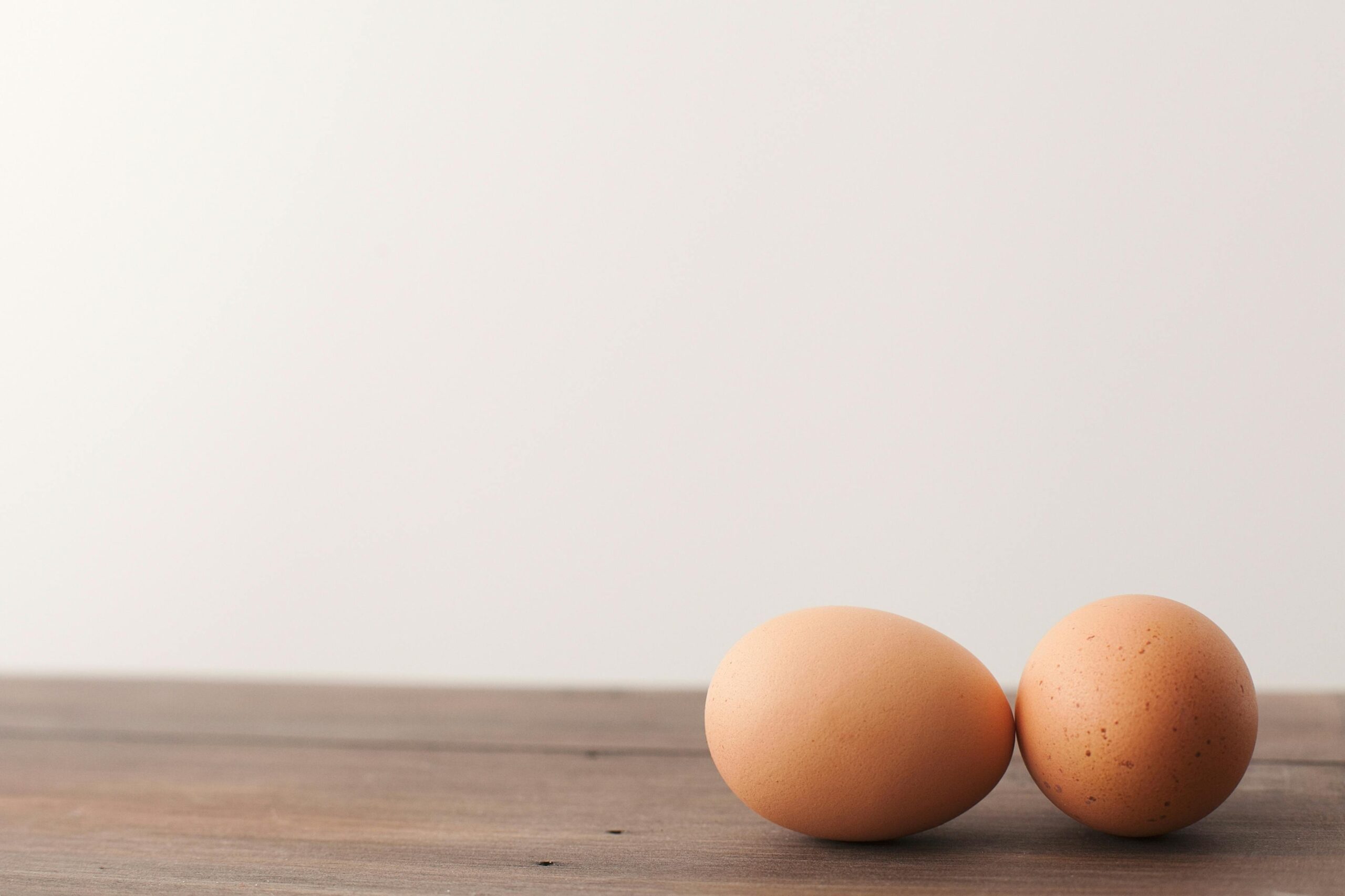Boiling eggs seems simple, but achieving the perfect consistency can be surprisingly tricky. Whether you like your eggs soft, medium, or hard-boiled, timing is everything. Let’s dive into the details of how long to boil eggs to get them just the way you like.
The Basics of Boiling Eggs
Boiling an egg involves cooking it in hot water until it reaches the desired firmness. The process seems straightforward, but several factors can influence the outcome, including the size of the eggs, the temperature of the water, and even your altitude.
Steps to Perfect Boiled Eggs
- Start with the Right Eggs: Fresh eggs are harder to peel than those that are a week or two old. For easier peeling, use eggs that have been in your fridge for a few days.
- Prepare Your Pot: Place the eggs in a single layer in a pot. Add enough cold water to cover the eggs by about an inch.
- Boiling Water: Bring the water to a boil over medium-high heat. Once the water reaches a rolling boil, cover the pot and remove it from the heat. Let the eggs sit in the hot water for the times listed below, depending on your preference.
Boiling Times for Different Types of Boiled Eggs
- Soft-Boiled Eggs: For a runny yolk and slightly set whites, let the eggs sit in hot water for 4-5 minutes. This is perfect for dipping toast soldiers.
- Medium-Boiled Eggs: For a custard-like yolk and firmer whites, aim for 6-8 minutes. These are ideal for salads where you want a slightly runny yolk that mingles with the dressing.
- Hard-Boiled Eggs: For fully set yolks and whites, leave the eggs in the water for 9-12 minutes. These are perfect for egg salads, deviled eggs, or just a nutritious snack.
Tips for Perfect Boiled Eggs
- Use a Timer: Precision is key. Using a timer ensures you get the exact consistency you want.
- Cool Quickly: Once the eggs reach your desired doneness, transfer them to a bowl of ice water. This stops the cooking process and makes peeling easier.
- Peeling Technique: Gently tap the egg on a hard surface to crack the shell, then roll it to create a web of cracks. Start peeling from the larger end where there is usually an air pocket.
Common Questions
Why Do Some Eggs Crack While Boiling? Eggs can crack if they’re added directly to boiling water. Starting with cold water and gradually bringing it to a boil can help prevent this.
How Can I Tell If an Egg Is Fresh? Place the egg in a bowl of water. Fresh eggs sink, while older eggs stand upright or float. This is due to the air cell inside the egg expanding as it ages.
Can I Boil Eggs Straight from the Fridge? Yes, but they might crack due to the temperature shock. To avoid this, let them sit at room temperature for a few minutes before boiling, or start with cold water and eggs straight from the fridge.
Conclusion
Boiling eggs to perfection is an art that comes with understanding the timing and a bit of practice. Whether you prefer a gooey, runny center or a firm, fully-cooked yolk, knowing how long to boil your eggs is crucial. By following these guidelines, you’ll master the art of boiling eggs to satisfy every taste.
For more on boiling eggs and other kitchen tips, check out popular culinary websites and cooking forums, where experienced cooks share their tried-and-true methods (Glimpse) (PageTraffic).

